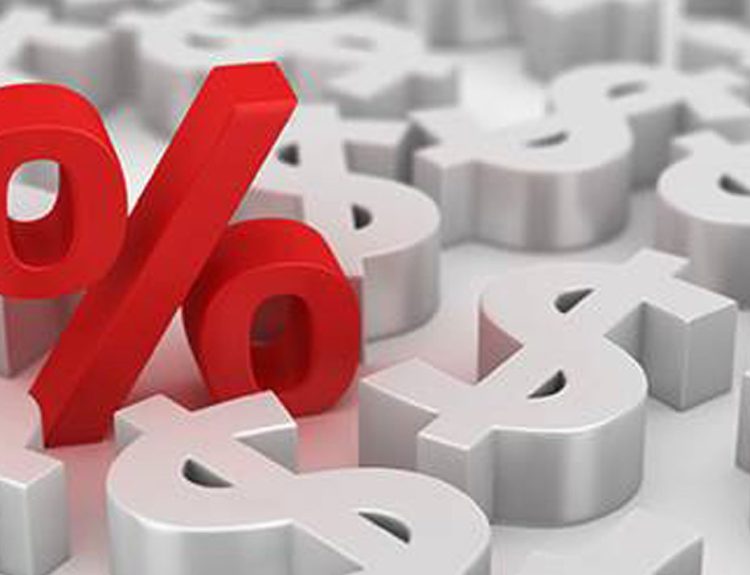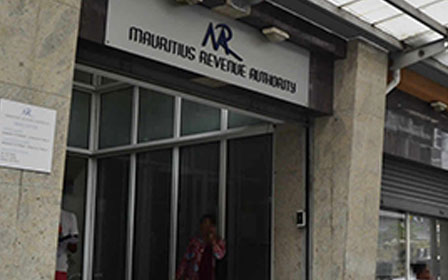Wealth taxation is an important yet often debated aspect of fiscal policy aimed at addressing income inequality and generating government revenue. In Mauritius, discussions around wealth taxes are gaining traction as the nation seeks to balance economic growth with social equity.
What is Wealth Taxation?
Wealth taxation involves levying taxes on an individual’s net worth, encompassing assets like property, investments, and savings, minus any liabilities. The goal is to ensure that individuals with substantial wealth contribute proportionately to public finances, potentially reducing economic disparities.
Current Tax Landscape in Mauritius
Mauritius currently does not have a direct wealth tax. The tax system primarily focuses on income tax, corporate tax, and value-added tax (VAT). However, there are discussions about the potential introduction of wealth taxes to address rising inequality and fund public services.
Potential Models for Wealth Taxation
If Mauritius were to introduce a wealth tax, it could take various forms:
- Annual Wealth Tax: A recurring tax based on the net worth of an individual or household, typically assessed annually. This model could target the ultra-wealthy with a specific threshold to ensure only the top tier of wealth holders are taxed.
- Estate and Inheritance Taxes: These taxes would be levied on the transfer of wealth upon an individual’s death, preventing the perpetuation of wealth inequality across generations.
- Capital Gains Tax:While not a direct wealth tax, increasing capital gains tax rates could indirectly target wealth accumulation from investments.
Pros of Wealth Taxation in Mauritius
- Reducing Inequality: Wealth taxes could help narrow the gap between the rich and the poor, promoting a more equitable distribution of resources.
- Revenue Generation: Additional revenue from wealth taxes could fund critical public services, infrastructure projects, and social programs, benefiting the broader population.
- Economic Stability: By encouraging the productive use of assets, wealth taxes might reduce speculative investments and promote more stable economic growth.
Pros of Wealth Taxation in Mauritius
- Administrative Challenges: Assessing and valuing assets accurately can be complex and costly, presenting significant implementation challenges.
- Capital Flight: High net worth individuals might relocate to jurisdictions with more favorable tax regimes, undermining the effectiveness of wealth taxes.
- Investment Disincentives: Wealth taxes could discourage investment, potentially leading to lower economic growth and innovation.
Global Perspectives and Local Considerations
Countries approach wealth taxation differently. For instance, Norway, Switzerland, and Spain have forms of annual wealth taxes, while the United States relies more on estate and capital gains taxes. Mauritius can learn from these experiences to design a system that balances revenue generation with economic growth.
Introducing wealth taxes in Mauritius would require careful planning and consultation with stakeholders to ensure fairness and minimize negative economic impacts. The government would need to implement robust administrative systems to accurately assess and collect taxes.
Conclusion
Wealth taxation in Mauritius is a complex but potentially beneficial policy tool. Its ability to address inequality and generate revenue must be balanced against practical challenges and potential economic repercussions. As Mauritius continues to grow and develop, the discussion on wealth taxation will likely evolve, reflecting the nation’s ongoing quest for fiscal equity and sustainability.








